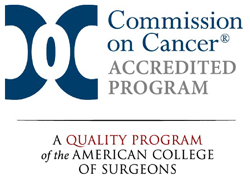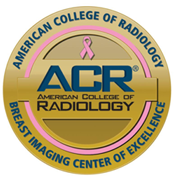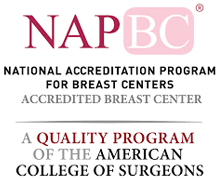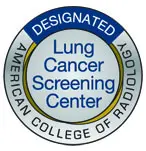Types of Bile Duct Cancers We Treat:
- Intrahepatic bile duct cancer forms in the bile ducts inside the liver. Only a small number of bile duct cancers are intrahepatic. Intrahepatic bile duct cancers are also called intrahepatic cholangiocarcinomas.
- Extrahepatic bile duct cancer forms in the bile ducts outside the liver. The two types of extrahepatic bile duct cancer are perihilar bile duct cancer and distal bile duct cancer:
- Perihilar bile duct cancer: This type of cancer is found in the area where the right and left bile ducts exit the liver and join to form the common hepatic duct. Perihilar bile duct cancer is also called a Klatskin tumor or perihilar cholangiocarcinoma.
- Distal bile duct cancer: This type of cancer is found in the area where the ducts from the liver and gallbladder join to form the common bile duct. The common bile duct passes through the pancreas and ends in the small intestine. Distal bile duct cancer is also called extrahepatic cholangiocarcinoma.
Treatment
Typically, treating bile duct cancer involves a combination of surgery, chemotherapy or radiation therapy.
Your treatment plan depends on the location of the cancer and if it has spread. Surgery can treat early bile duct cancers that haven’t spread. But most bile duct cancers have spread by the time they’re diagnosed. In these cases, your healthcare team may recommend a combination of multiple treatments.
Our Team Approach
Rooted in compassion, Phoebe’s multidisciplinary team of experts strives to deliver the highest level of care throughout our patients’ journey. Our full team approach to cancer care, means providing a highly collaborative effort to deliver comprehensive cancer care to our cancer patients. This multidisciplinary approach engages a range of providers across our care community, to ensure we look at every angle for each patients’ unique case.







